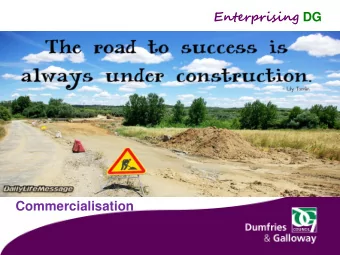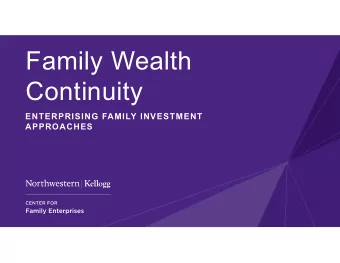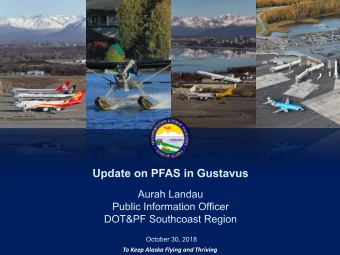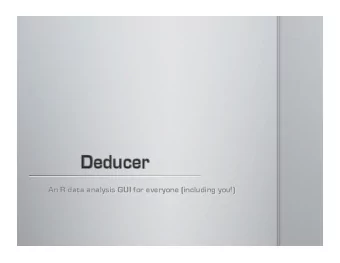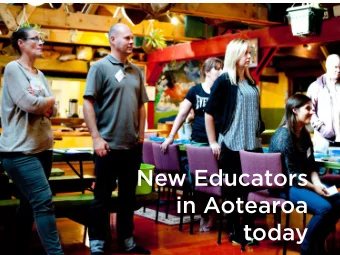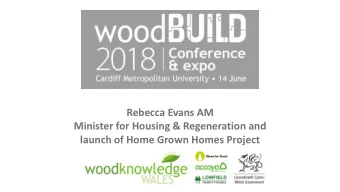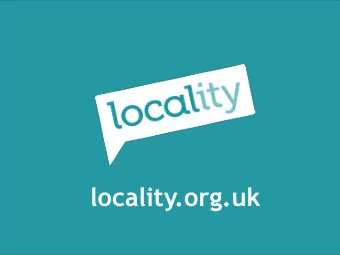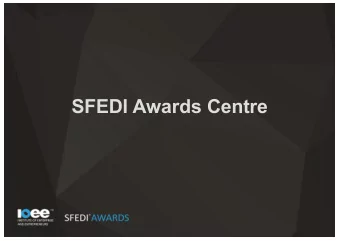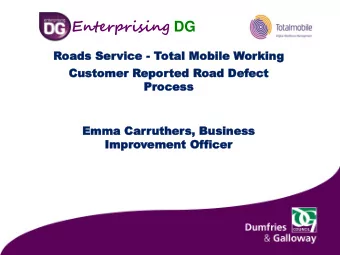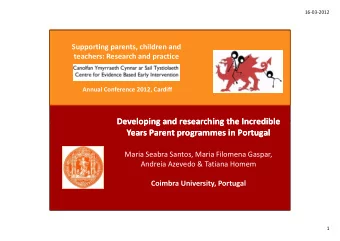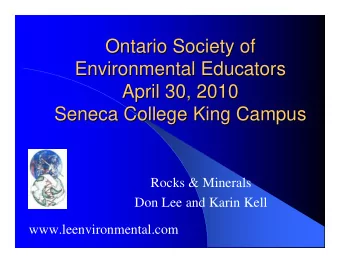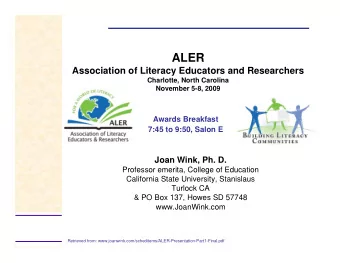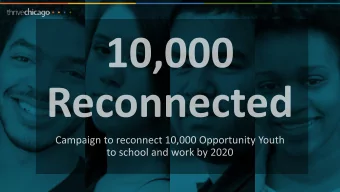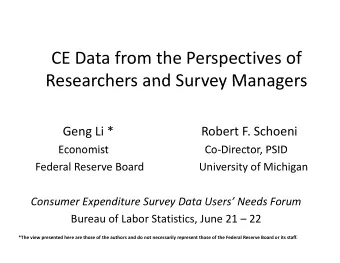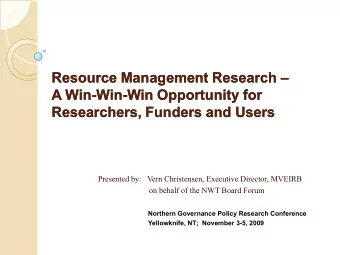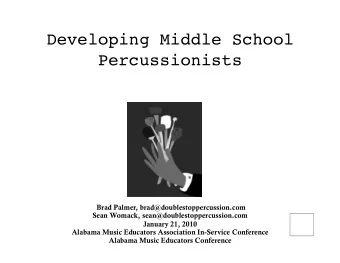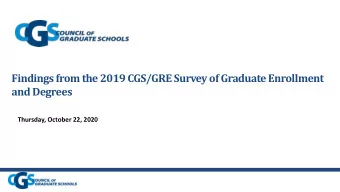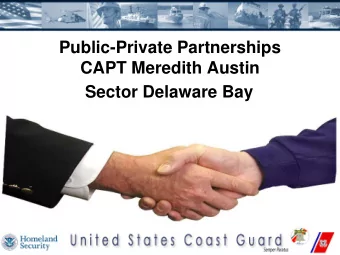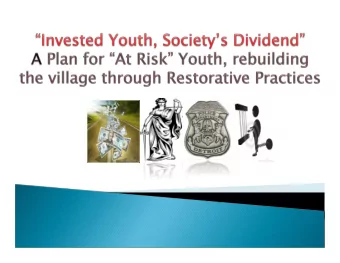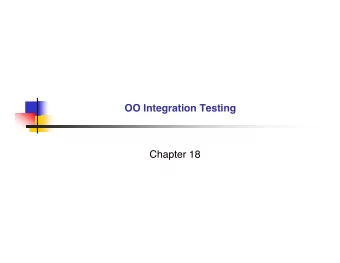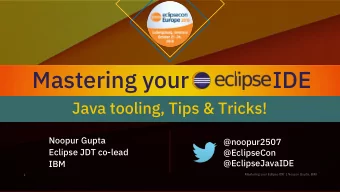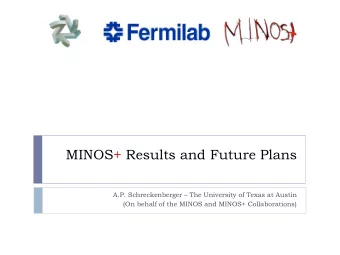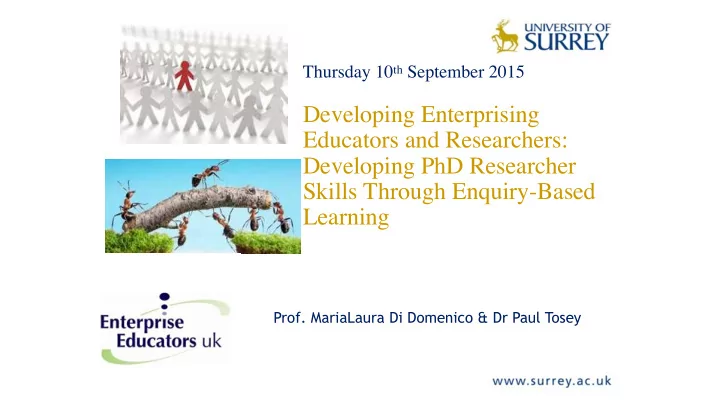
Developing Enterprising Educators and Researchers: Developing PhD - PowerPoint PPT Presentation
Thursday 10 th September 2015 Developing Enterprising Educators and Researchers: Developing PhD Researcher Skills Through Enquiry-Based Learning Prof. MariaLaura Di Domenico & Dr Paul Tosey Session outline 1.Introduction - who we
Thursday 10 th September 2015 Developing Enterprising Educators and Researchers: Developing PhD Researcher Skills Through Enquiry-Based Learning Prof. MariaLaura Di Domenico & Dr Paul Tosey
Session outline 1.Introduction - who we are, EBL and our project, the focus of the session/ how it will work - 5-10 mins. 2.Interactive Group Facilitated Discussion Activity by delegates: A case example: collaborative writing (practical activity involves group discussion of designing an enquiry with peers) – 15 mins. 3.Groups report back to all other delegates on their thoughts on a design and questions/issues that arose in groups as they addressed this task – 10-15 mins. 4.Discussion and review covering - What did we/our PhD students think of this approach to learning? Uses/ applications for delegates – Max 10 mins.
1. Focus of the session • Contributes to the conference aim of creating an exciting vision for enterprise education for 2020 by encouraging collaborative, creative, learner-led and enquiry-based models. • Emanates from prior work using EBL and insights from an EEUK funded project. • Facilitative interactive session which encourages a novel and learner-led approach. • Designed to explore and discuss the benefits/challenges for educators/students of adopting an enquiry-based pedagogy. • Focus on stimulating and encouraging an (EBL) method to tackling a problem-based collaborative project..
Enquiry-based Learning (EBL) EBL encourages learners to: • learn through a process of enquiry • use their own initiative in an enterprising, resourceful and (often) collaborative way • apply principles and practices of academic or professional inquiry, scholarship or research • engage with problems or questions that are often open-ended • explore a knowledge-base actively, critically and creatively • participate in building new meaning and knowledge • develop process skills and knowledge in enquiry methods • share the results of the enquiries with each other and with wider audiences.
Figure 1: An EBL Cycle (Sheffield Companion p.6)
2./3. Activity: Designing an enquiry into collaborative writing (in groups, 15 minutes) Imagine that you are participants in a programme that uses enquiry-based learning as a method of researcher development. You and your peers have chosen to improve your knowledge and skills of effective collaborative writing. Your task as a group is to discuss how you might design an enquiry that would enable you to: • Demonstrate advanced knowledge and critical understanding of the collaborative writing process; and • Produce evidence of improvement in your own ability to write collaboratively. You may assume that: • `Collaborative writing’ can refer to any form that professional researchers would engage in (e.g. co-authored journal article, collaborative funding bid, multi-authored teaching resource etc.). • The scale of the enquiry is approximately that of a one-semester module, i.e. around 25% of a full-time programme of study for 3 months. Report back on the design issues and questions that arose in your group’s discussion. For example: • What opportunities and problems does designing this enquiry pose for you? • How could you find out what makes for effective collaborative writing? • How might you satisfy the requirement of producing evidence of improvement in your own ability?
4. Discussion and review • Shared fascination in the potential power and usefulness of EBL and collaboration as important approaches for researchers/ doctoral researchers • Applications to our own pedagogical teaching and research practice • Importance for skills development/ careers in HE
What did the PhD students think? “… entrepreneurs [are] normally go-getters, they go there and collaborate and network so that they can build their enterprise, that’s an entrepreneur from a business point of view. However being entrepreneurial on a PhD is being able to collaborate with other researchers and being able to grasp opportunities for when you need to publish an article or something. So that’s … [the] entrepreneurial spirit. Being able to collaborate well with other researchers.”
“… I’m good with statistics, with the numbers and everything … and she [reference to a collaborator] has a different kind of view … and she brings the ideas and then she challenges … and then we start to have a conversation and then it goes deeper and then you go somewhere else but at times you meet at a certain point because the thing is we are not stubborn [in our views].” “…you get a much broader picture and a deeper picture. You meet people, different disciplines, things get sparked off.”
Next steps – what have we learned? • The best way to learn collaborative working skills is to work collaboratively ideally on something real . • Reaching out – understanding the perspectives and experiences of both learners and educator- facilitators • Discussing and sharing our learning – acknowledging both benefits and challenges • An intrepid yet considered approach • Into the ‘unknown’ – the learning journey
Looking Ahead • Encouraging conversations and further use of EBL approaches • Feedback on materials • ‘Open’ rather than prescriptive/ pre-defined learning • Research and learning as a journey of discovery - impact and dissemination
Into the unknown: The learning journey Reflect on role Discover from Present evidence of: • • • models, aspirations exemplars Applied knowledge • Review skills, Review literature (behavioural • • Enquirers: developmental needs Test new knowledge by improvement) • Choose a focus applying to self Practical knowledge • • Select exemplars Synthesise new (teaching others) • • Plan the enquiry knowledge Propositional • • knowledge (theory) Self-assess • Phase 1: Phase 2: Phase 3: Focus Enquiry Outcomes Facilitator/ Teacher: Coach (e.g. `surgery’ Learner (learns the • • The guide’s roles Principles of enquiry- sessions) skill from the • based learning enquirers) Professional Assessor • • researcher skills (e.g. the Vitae framework) Theories and types of • knowledge Enquiry methods •
Prof. MariaLaura Di Domenico & Dr Paul Tosey
Recommend
More recommend
Explore More Topics
Stay informed with curated content and fresh updates.
